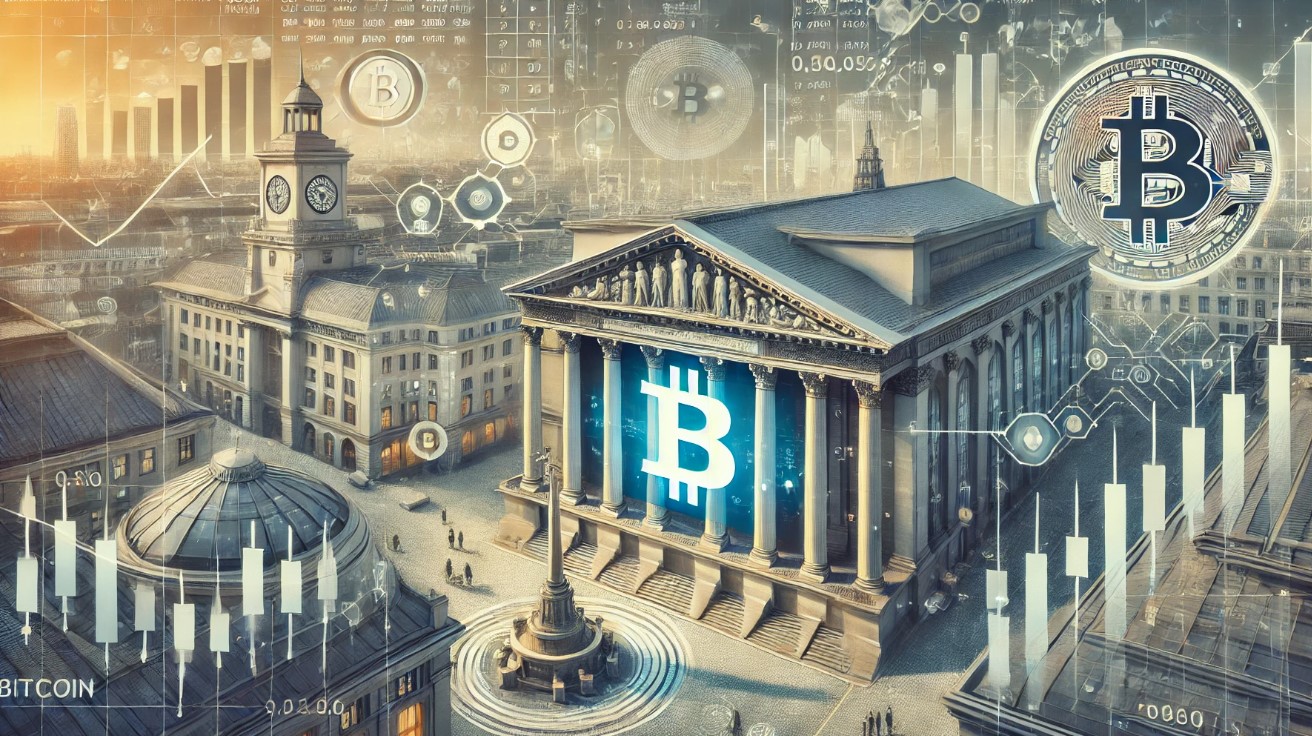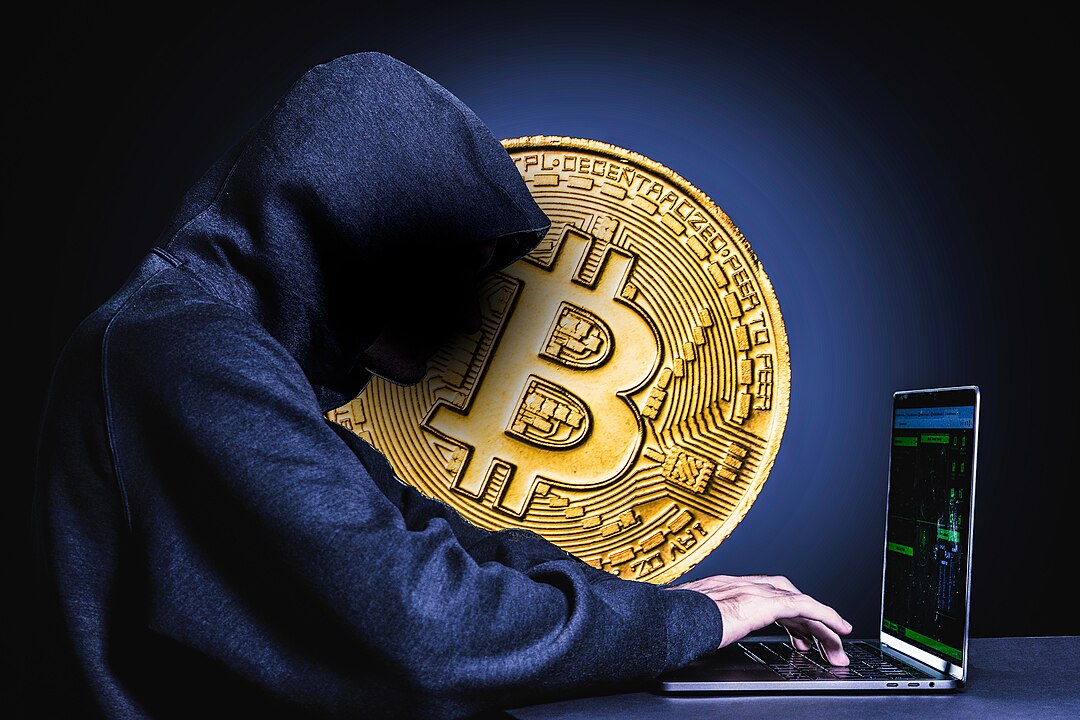The Growing Discussion Around Bitcoin as a Viable Reserve Asset for Central Banks
Introduction
A recent report published by the Bitcoin Policy Institute (BPI) and highlighted by Forbes explores the growing discussion around Bitcoin as a viable reserve asset for central banks. Authored by Dr. Matthew Ferranti, a Harvard-trained economist and former member of the White House Council of Economic Advisers, presents several compelling arguments for why central banks might consider adding Bitcoin to their portfolios.
The Case for Bitcoin
As the world of finance continues to evolve, the role of traditional assets such as gold and foreign currencies in central bank reserves is being called into question. Bitcoin, the original cryptocurrency created by the mysterious Satoshi Nakamoto, offers a decentralized and secure alternative that could potentially provide central banks with greater flexibility and diversification.
Dr. Ferranti argues that Bitcoin’s limited supply of 21 million coins, its digital nature, and its growing acceptance among mainstream institutions make it an attractive option for central banks looking to hedge against economic uncertainty and inflation.
Implications for Central Banks
If central banks were to start adding Bitcoin to their reserves, it could have a significant impact on the cryptocurrency market. The increased demand from these large institutions could drive up the price of Bitcoin and validate its status as a legitimate asset class.
However, there are also risks involved in central banks holding Bitcoin. The cryptocurrency market is notoriously volatile, and central banks may be wary of exposing their reserves to such unpredictable price swings. Additionally, the anonymous nature of Bitcoin transactions raises concerns about regulatory compliance and money laundering.
Conclusion
In conclusion, the debate over whether central banks should add Bitcoin to their reserves is far from settled. While the potential benefits of diversification and hedging are clear, the risks of volatility and regulatory challenges cannot be ignored. As the financial landscape continues to evolve, it will be interesting to see how central banks navigate this new frontier of digital finance.
How Will This Affect Me?
As an individual investor or consumer, the decision of central banks to add Bitcoin to their reserves could have far-reaching implications for you. If Bitcoin’s price continues to rise due to increased institutional demand, it could lead to greater mainstream adoption and acceptance of cryptocurrencies as a legitimate form of investment and payment. On the other hand, if central banks pull back from Bitcoin due to regulatory concerns or market volatility, it could create uncertainty and price fluctuations in the cryptocurrency market that may impact your own investments.
How Will This Affect the World?
The potential adoption of Bitcoin as a reserve asset by central banks could have wide-ranging effects on the global economy. If more central banks follow suit and add Bitcoin to their reserves, it could further legitimize cryptocurrencies as a new asset class and drive greater interest and investment in the digital currency space. This could lead to increased innovation and competition in the financial sector, as well as reshaping the traditional banking and monetary systems as we know them.





